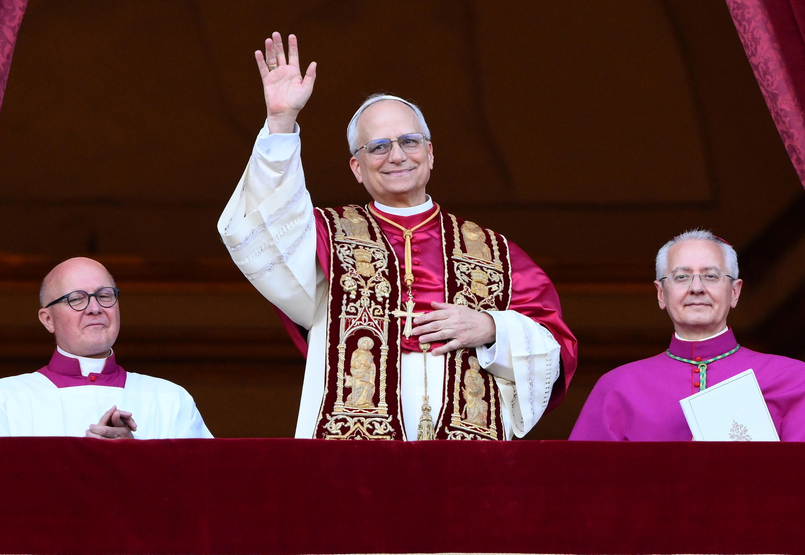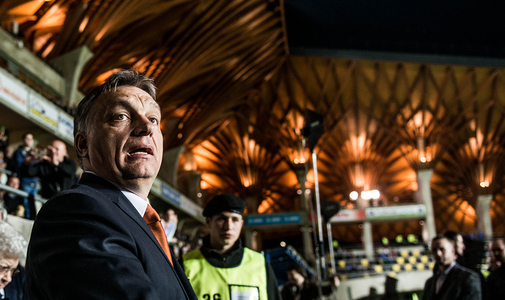Preparing for minority government
Every party is convinced it will gain from the collapse of the coalition. Meanwhile, half the country wants to see early elections.
It's as if the clouds suddenly parted: Ferenc Gyurcsany chose not to go to parliament. The political class's apparent calm seemed to spread to the markets. The forint a quarterly high at the beginning of the week and the Budapest stock exchange seemed to be tracking the international markets' gentle fall. Yet a week before, analysts had been saying that the shock of a prime ministerial resignation would be less damaging for the markets than the lasting uncertainty that minority government would bring.
There was no talk of changing prime ministers when the Socialist Party's leadership met at the weekend, now when the party's MPs met afterwards. All but two of the party's MPs voted their confidence in Gyurcsany, who felt strong enough to call for party elections. Last Friday, the prime minister told journalists that he would only leave voluntarily if he could identify a successor who would have a better chance of implementing reforms. But in a blog post on Monday, he wrote that he would concentrate on easier reforms, making it clear that there was no scope for major structural changes. He would concentrate, he said, on education, health and tax.
All the important players, including Laszlo Solyom, the president, regard the collapse of the coalition and impending minority government as a fact. The president and the party chairmen are due to hold a series of meetings later this week - but these are more protocol visits, and are not expected to have much influence on the course of events.
The two former partners have certainly wounded each other - to the extent that Gyurcsany is not prepared to take part in the initial phase of negotiations on how the Free Democrats can cooperate with the Socialists once they are the sole government party. But it is likely to work out anyway. It is the interest of the Free Democrats, as well as the Socialists, to avoid early elections, which would certainly hand an overwhelming victory to Fidesz.
Even though the Free Democrats' national council voted in favour of breaking the coalition, the liberals still want to stick to keep up some kind of marriage of convenience. Janos Koka, the party's chairman, said at the weekend that they did not expect to give up every committee post they held by virtue of being a coalition member.
On Monday, the Liberal Democrat leader said the party would continue to support measures that were aimed at cutting spending. Despite a formal split, the Socialists hope the liberals will formally sign up to supporting certain policy measures. The least likely outcome is a new parliamentary majority, however.
Neither the Free Democrats, who are leaving the government to enter "constructive opposition", nor the still-smaller Hungarian Democratic Forum look like they are preparing to offer themselves up as a potential coalition party for either major party. The Forum's proposal last week that the Free Democrats and Fidesz, who have also long called for tax cuts, should jointly vote for tax cuts, fell on deaf ears. The real test of such grand coalition-like ad hoc cooperation will be shown when the Socialists come to appointing a new health minister.
JÁNOS DOBSZAY


















